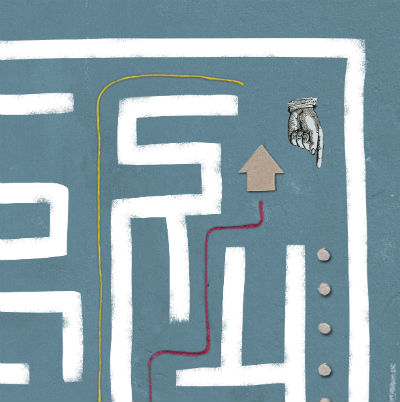Submitted by crinadmin on
This report is part of CRIN's access to justice for children project, looking at the status of the Convention on the Rights of the Child (CRC) in national law, the status of children involved in legal proceedings, the legal means to challenge violations of children’s rights and the practical considerations involved in challenging violations.
India ratified the CRC in 1992, and has also ratified the optional protocols on children in armed conflict and on the sale of children. Even if the CRC does not have the force of law and does not prevail over domestic legislation, courts often refer to it and interpret domestic legislation in accordance with it. Children can bring cases through a “next friend”, who are generally the parents. However, if the best interest of the child dictates otherwise, a legal guardian may be appointed. Public interest litigation is available for children directly or through their representatives to challenge laws and government actions that violate children’s rights. Many institutions can receive human rights complaints: the National Commission for the Protection of Child Rights, the National Human Rights Commission, and state commissions. Children involved in juvenile justice or child welfare proceedings have the right to be represented at the expense of the government and are automatically eligible for legal aid in other cases. Specialised courts exist for child offenders, child victims, and specifically child victims of sexual abuse. In these courts, children have the right to privacy and confidentiality. Periods of limitation do not begin running for children until they reach the age of majority. The major obstacles to access to justice for children are the inapplicability of secular law to some regions of the country and in family matters for certain religious areas, corruption and inefficiency.

